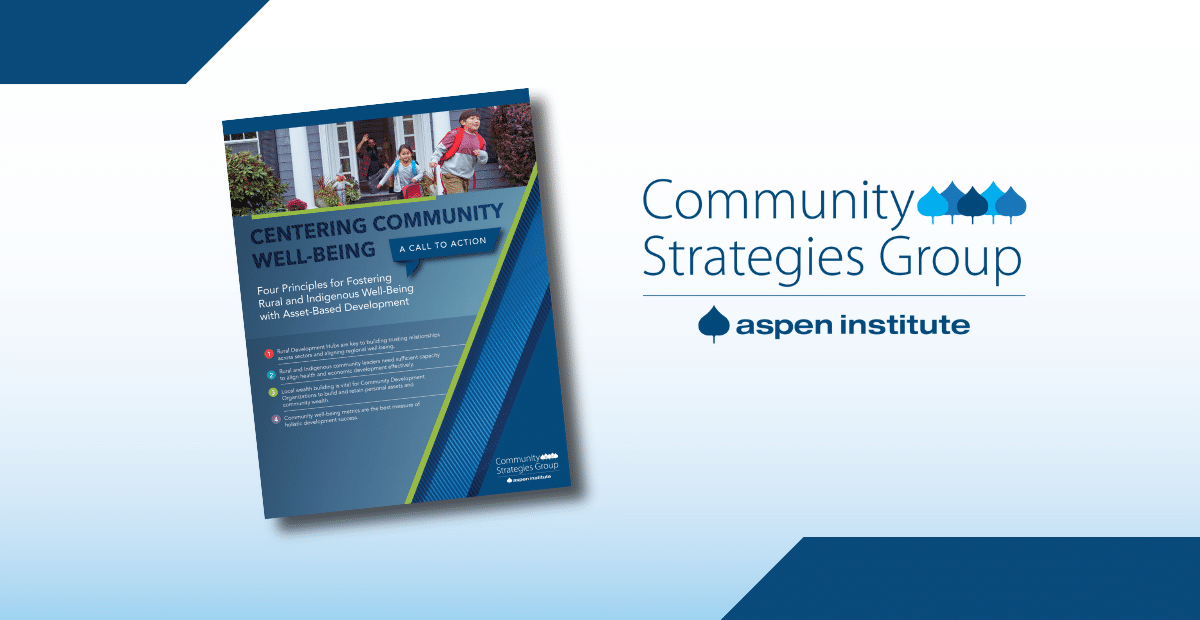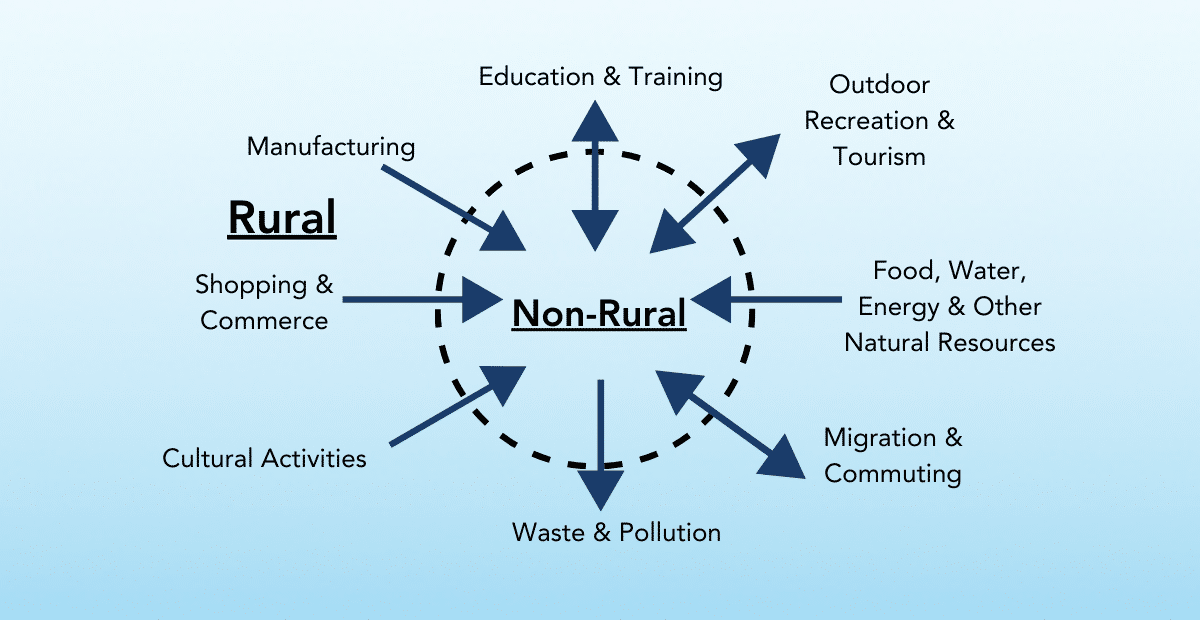View this Publication
Minority Serving Institution (MSI) is an umbrella term to describe universities and colleges that enroll a significant percentage of minority students. MSIs educate a disproportionate percentage of students, including low-income, first-generation, and part-time students, and provide entry into the middle class for many individuals and their future families. These institutions are located nationwide in nearly every state – in urban, suburban, and rural areas.
MSIs serve as anchor institutions in many places, providing greatly needed services to the community – including childcare, community development initiatives, and adult education and training.
MSIs, in general, do not get enough recognition for being innovative institutions that, in many cases, are at the forefront of designing new models of teaching and learning, scholarship, research, and leadership development – models that can be broadly instructive and adapted across higher education.
In our latest research brief, Building Trust and Visibility Through Community-Based Participatory Research at Rural Minority-Serving Institutions, authors Marybeth Gasman, Alice Ginsberg, and Levon T. Esters explore how rural MSIs and approaches to community-based participatory research can be used to better understand MSIs’ nature and practices.
The authors consider what community-based participatory research looks like in the context of rural MSIs and present actionable recommendations for researchers and practitioners interested in furthering this work.
More specifically, the brief highlights who is involved in community-based participatory research, how to level hierarchies and build trust, asset-based research, data sharing, and triangulation, and who benefits from community-based participatory research.
Thrive Rural Framework Connection: This brief examines some of the driving forces and conditions – building blocks – that determine Rural Voice and Power, specifically ensuring a rural voice in design and action, the alignment of rural fields and actors, and an accurate rural narrative.
Researchers produce knowledge that plays a role in shaping culture, policy, and in effect, the distribution of resources. To realize the potential of rural communities, the network of higher education institutions and their research practices benefit from centering and grounding the production of knowledge in rural voices and concerns and addressing power imbalances in research and practice. Minority Serving Institutions play a crucial role in this change strategy.








